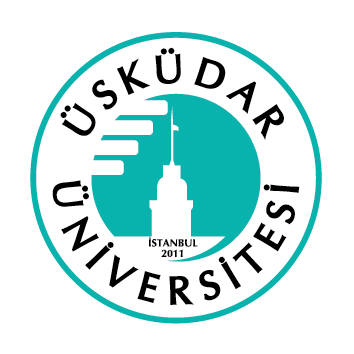Makale
Makale
Spiritual Humanism: A Call to Creativity in Sufi Studies
Mânevî Hümanizm: Tasavvuf Araştırmaları Alanında Yaratıcılığa Bir Çağrı
Jonathan KEIR
Yıl 2022, Sayı 1, Sayfalar:27-40
Chinese philosopher Tu Weiming (1940-) has spent a lifetime in dialogue with cultural and spiritual traditions beyond the sanjiao or ‘three religions’ (Confucianism, Daoism, Buddhism) of the Sinic world. This engagement has included sustained intercourse with the Abrahamic monotheisms and Hellenic philosophy, Hinduism and Indian spirituality, and a variety of indigenous heritages. The outcome of such cross-cultural ferment has been the elaboration of a ‘spiritual humanist’ alternative to the secular humanism of post-Enlightenment modernity. We begin by introducing Tu’s concept of Spiritual Humanism in general and his engagement with the Islamic world in particular. Adonis is then identified as a natural ally; his Sufism and Surrealism is presented as a case study in Spiritual Humanism with obvious relevance for Sufi Studies. Contemporary Sufi Studies discourse, this paper ultimately argues, should likewise not restrict itself to hermetic philological analyses of traditional sources; following Adonis’s example in Sufism and Surrealism, it should embrace the creative reelaboration of this tradition in the face of contact with new stimuli. Tu’s Spiritual Humanism is both one such stimulus and an active Confucian embodiment of this spirit of creativity.
Keywords: Spiritual Humanism, Tu Weiming, Naguib Mahfouz, Adonis, Surrealism
Chinese philosopher Tu Weiming (1940-) has spent a lifetime in dialogue with cultural and spiritual traditions beyond the sanjiao or ‘three religions’ (Confucianism, Daoism, Buddhism) of the Sinic world. This engagement has included sustained intercourse with the Abrahamic monotheisms and Hellenic philosophy, Hinduism and Indian spirituality, and a variety of indigenous heritages. The outcome of such cross-cultural ferment has been the elaboration of a ‘spiritual humanist’ alternative to the secular humanism of post-Enlightenment modernity. We begin by introducing Tu’s concept of Spiritual Humanism in general and his engagement with the Islamic world in particular. Adonis is then identified as a natural ally; his Sufism and Surrealism is presented as a case study in Spiritual Humanism with obvious relevance for Sufi Studies. Contemporary Sufi Studies discourse, this paper ultimately argues, should likewise not restrict itself to hermetic philological analyses of traditional sources; following Adonis’s example in Sufism and Surrealism, it should embrace the creative reelaboration of this tradition in the face of contact with new stimuli. Tu’s Spiritual Humanism is both one such stimulus and an active Confucian embodiment of this spirit of creativity.
Keywords: Spiritual Humanism, Tu Weiming, Naguib Mahfouz, Adonis, Surrealism.

